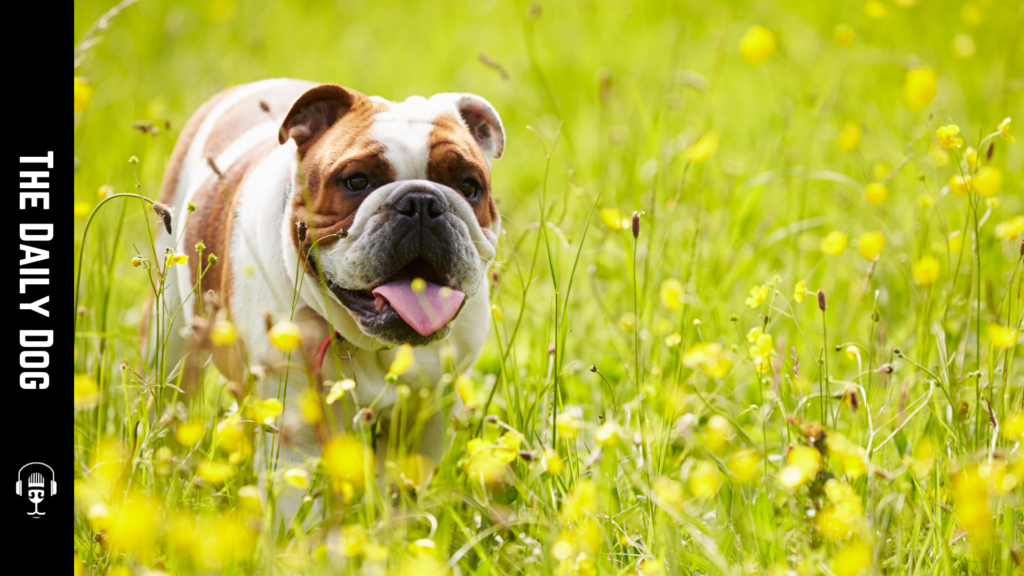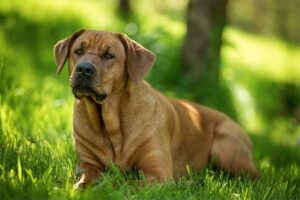The Bulldog is a breed that stands out not only for its distinctive appearance but also for its loyal and gentle demeanor. Known for their stocky build, wrinkled face, and pushed-in nose, Bulldogs have captured the hearts of dog lovers around the world. In this article, we will explore the characteristics, history, and care requirements of Bulldogs, making it clear why they make such wonderful companions.
A Brief History of the Bulldog
The Bulldog has a rich history that dates back several centuries. Originating in England, Bulldogs were initially bred for bull-baiting, a cruel sport that involved setting dogs upon a tethered bull. This practice was banned in 1835, leading to a significant shift in the breed’s purpose. Breeders began to focus on creating a gentler, more companionable dog.
As a result, the Bulldog evolved into the affectionate breed we know today. Their loyalty and friendly disposition made them popular among families, and they soon became a symbol of British culture. Today, the Bulldog is recognized as the official mascot of several sports teams and institutions, representing strength and determination.
Physical Characteristics of Bulldogs
Bulldogs are easily recognizable due to their unique physical traits. Here are some of the key characteristics:
Size and Build
Bulldogs are medium-sized dogs, typically weighing between 40 to 50 pounds. They have a stocky, muscular build and a broad, square-shaped head. Their body is low to the ground, with a deep chest and short legs. This robust physique gives them a powerful yet adorable appearance.
Coat and Color
Bulldogs have a short, smooth coat that requires minimal grooming. Their coat colors can vary widely, including brindle, fawn, white, and combinations of these shades. The breed’s distinctive wrinkles, particularly around the face, are one of their most charming features.
Temperament
Despite their tough appearance, Bulldogs are known for their gentle and affectionate nature. They are generally calm and easygoing, making them great companions for both families and individuals. Bulldogs are known to be particularly good with children, often forming strong bonds with their young human counterparts.
The Bulldog’s Personality
One of the most endearing aspects of Bulldogs is their personality. They are known to be:
Loyal Companions
Bulldogs are incredibly loyal to their families. They thrive on human interaction and enjoy being part of family activities. Their loyalty makes them excellent watchdogs, as they will protect their loved ones when necessary.
Gentle and Affectionate
Bulldogs are often described as “gentle giants.” They are typically patient and loving, making them ideal pets for households with children. Their affectionate nature means they enjoy cuddling and spending time with their owners.
Adaptable and Laid-back
Bulldogs are relatively low-energy dogs. They are well-suited for apartment living, as they do not require a large yard to run around in. A couple of short walks and playtime indoors can satisfy their exercise needs.
Health Considerations
Like all breeds, Bulldogs can be prone to certain health issues. Being aware of these can help potential owners make informed decisions about their care.
Brachycephalic Issues
Due to their short snouts, Bulldogs are classified as brachycephalic dogs. This can lead to breathing difficulties, especially in hot or humid weather. Owners should be cautious when exercising their Bulldogs in extreme temperatures and should avoid strenuous activities.
Joint Problems
Bulldogs may also suffer from joint issues, such as hip dysplasia and elbow dysplasia. Regular veterinary check-ups and maintaining a healthy weight can help mitigate these risks.
Skin Conditions
The wrinkles on a Bulldog’s face can trap moisture and dirt, leading to skin infections. Regular cleaning of these folds is essential to prevent irritation and infections.
Caring for Your Bulldog
Caring for a Bulldog is relatively straightforward, but it does require attention to their unique needs.
Diet and Nutrition
A well-balanced diet is crucial for maintaining a Bulldog’s health. Look for high-quality dog food that is appropriate for their age, size, and activity level. It’s important to monitor their weight, as Bulldogs can be prone to obesity.
Exercise Needs
While Bulldogs are not high-energy dogs, they still need regular exercise to stay healthy. Short walks and play sessions will keep them active without overexerting them. Avoid long runs or strenuous activities, especially in hot weather.
Grooming
Bulldogs have minimal grooming needs due to their short coat. Regular brushing will help reduce shedding, and it’s essential to clean their facial wrinkles to prevent skin irritation. Bathing should be done as needed, but overbathing can lead to dry skin.
Regular Veterinary Check-ups
Routine veterinary visits are essential to ensure your Bulldog remains healthy. Regular check-ups can help detect potential health issues early on and keep vaccinations up to date.
Training Your Bulldog
Training a Bulldog can be both a rewarding and challenging experience. Here are some tips to help you effectively train your Bulldog:
Start Early
Begin training your Bulldog as a puppy. Early socialization and exposure to different environments, people, and other animals will help them develop into well-rounded adults.
Use Positive Reinforcement
Bulldogs respond best to positive reinforcement techniques. Use treats, praise, and playtime as rewards for good behavior. Avoid harsh training methods, as Bulldogs may become stubborn or resistant.
Be Consistent
Consistency is key when training Bulldogs. Establish clear rules and stick to them. This will help your Bulldog understand what is expected of them.
Patience is Essential
Bulldogs can be independent thinkers, so patience is crucial. Be prepared to repeat commands and exercises until they fully understand.
The Ideal Home for a Bulldog
Bulldogs are adaptable and can thrive in various living situations. However, certain factors make a home particularly suitable for them:
Family Environment
Bulldogs love being part of a family. They thrive in homes where they receive plenty of attention and affection. A household with children can be an ideal environment, as Bulldogs are known to be great with kids.
Low-Activity Lifestyle
Bulldogs do well in homes with a more relaxed lifestyle. If you enjoy leisurely walks and cozy evenings at home, a Bulldog may be the perfect companion for you.
Safe Outdoor Space
While Bulldogs don’t need a large yard, having a safe outdoor space where they can play and explore is beneficial. Ensure that the area is secure, as Bulldogs are not known for their agility.
Conclusion
The Bulldog is a breed that embodies loyalty, gentleness, and charm. With their unique appearance and affectionate personality, they make wonderful companions for individuals and families alike. While potential owners should be aware of their health considerations and care requirements, the joy and love a Bulldog brings to a home far outweigh any challenges.
If you’re considering adding a Bulldog to your family, remember that they thrive on companionship and need a loving environment to flourish. With the right care, a Bulldog can be a loyal friend for many years to come. Whether you’re cuddling on the couch or enjoying a leisurely walk, Bulldogs offer an unmatched bond that will enrich your life.










